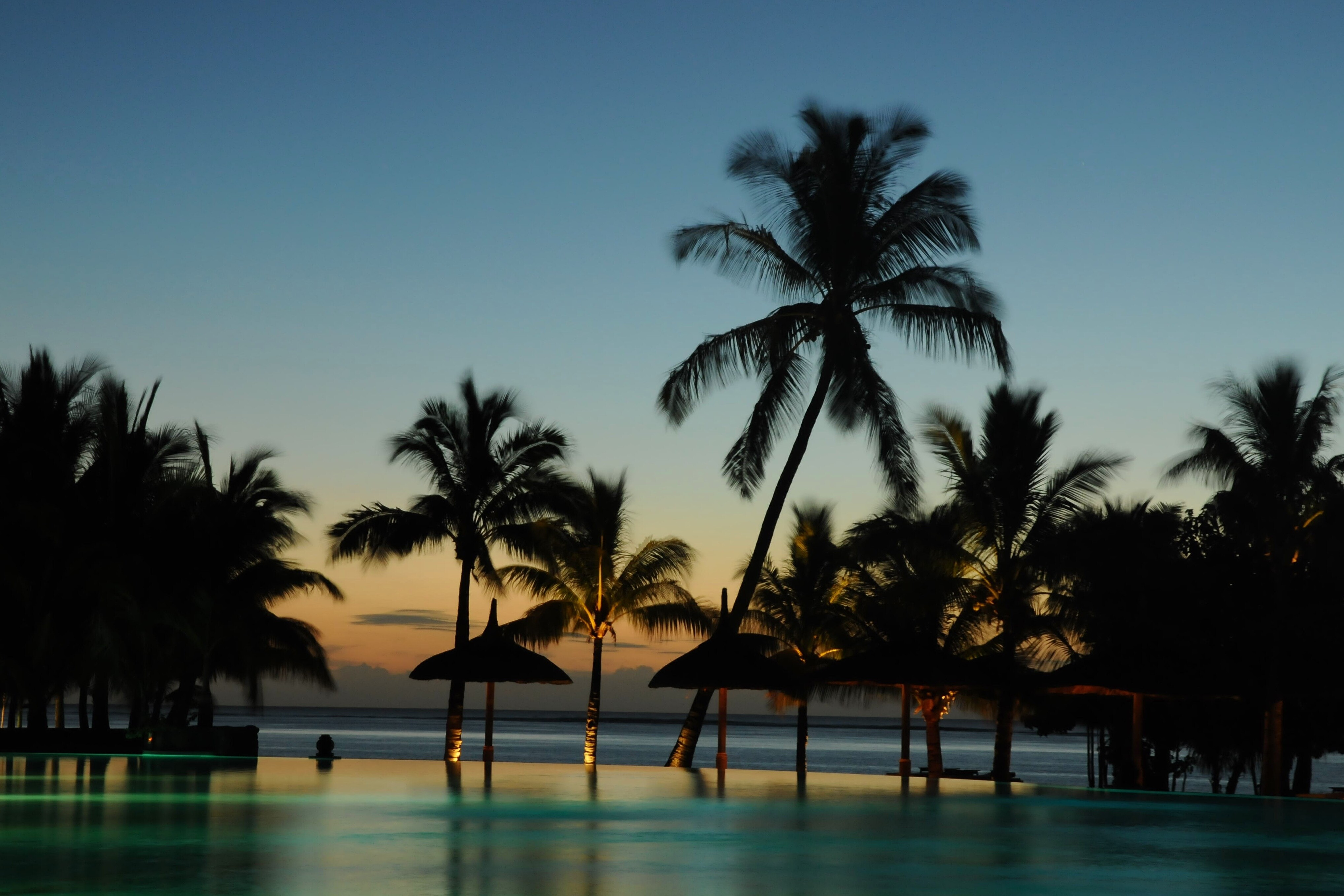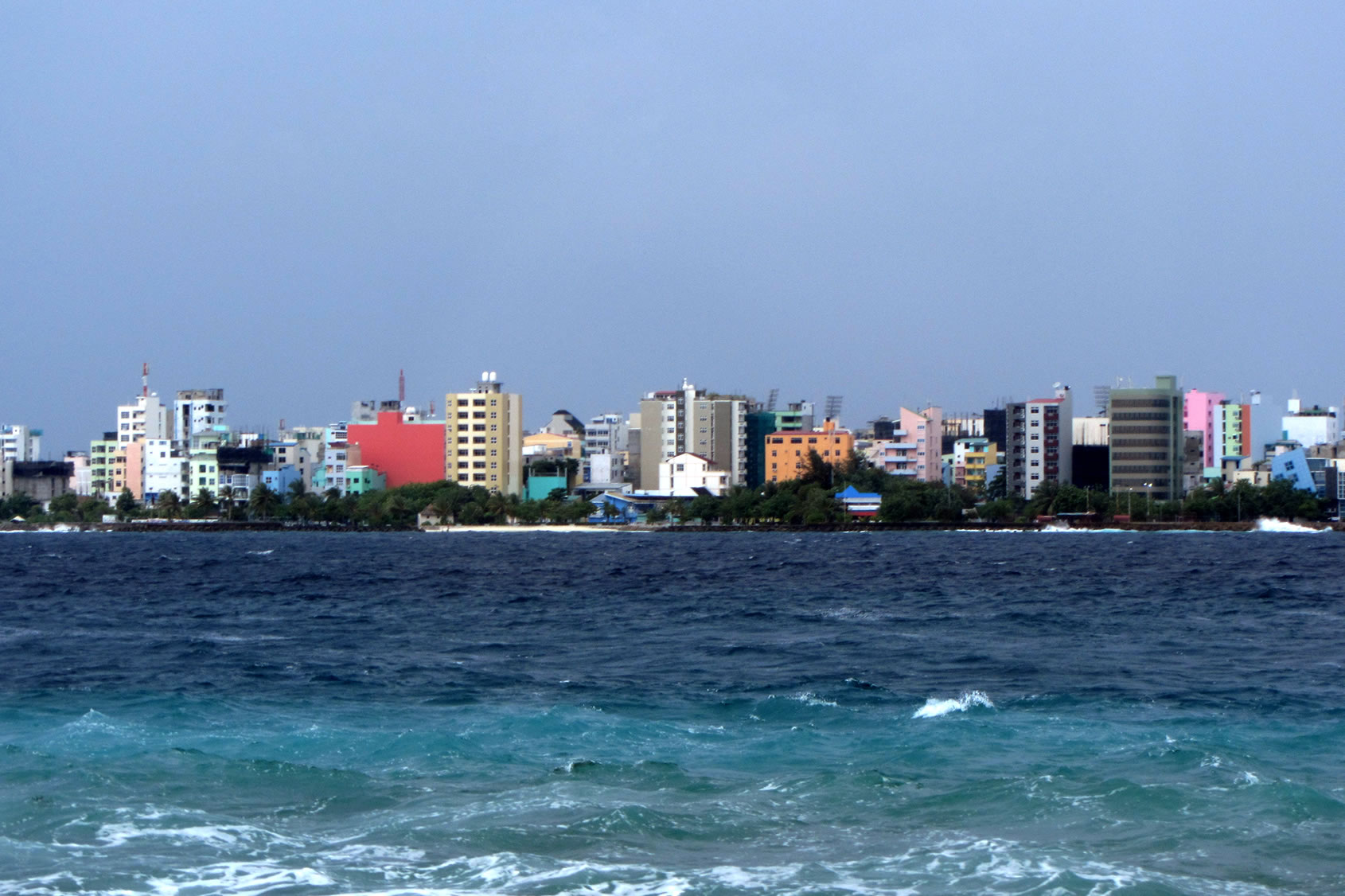Maldivian public and independent media has faced an uphill struggle in recent years after a period of relative gains between 2008 and 2010.
Over the past two years we have reported on the declining press freedom and independence of the media in the Maldives. Our concerns have mainly focussed on the 2015 transfer of the country’s Public Service Media (PSM) into state control, the introduction of strict defamation laws in 2016 and growing state obstruction towards journalists and news outlets.
These changes have largely emerged since the 2012 coup d’état and subsequent election of President Abdulla Yameen Abdul Gayoom in 2013, whose government has led a campaign against critical media. This included the closure of Channel News Maldives (CNM) in 2016 due to a story accusing the country’s First Lady of corruption, the arrest of 16 journalists for protesting threats to media freedom and restrictions on foreign journalists.
March 2017 saw the first imposition of last year’s defamation law by broadcast regulator MBC (Maldives Broadcasting Commission), a law that the UN labelled “a direct attack” on freedom of expression. Based on sweeping and vague terminology, the law allows the regulator to impose hefty fines and even stop live broadcasts if content is deemed to be slanderous, with few details as to what constitutes such content.
The law allows the regulator to issue fines of up to US$32,400 for a first offence and US$129,700 for a second offence, with a failure to settle in 30 days leading to closure or jail term for the accused journalist. It has been widely argued that the law will help to further entrench self-censorship.
So, how has the situation developed since the first defamation fine in March? Here’s a selection of some of the key stories regarding the Maldives’ media landscape in recent months.
· Decline in press freedom: Reporters Without Borders (RSF) have revised their ranking of the Maldives in this year’s World Press Freedom Rankings. The country has dropped five places to 117/180 due to the ongoing persecution of independent media outlets. In particular, RSF cite the targeting and threatening of journalists by political parties, criminal gangs and religious extremists as key contributors to the decline, all of which contribute to a rise in self-censorship.
· Crowdfunding to pay fine: In April, The Wire reported on the steps taken by Raajje TV, the only opposition aligned broadcaster, to pay two fines issued under the new defamation law. Amounting to approx. US$78000, the broadcaster managed to pay the fines thanks to public donations and sponsorship. According to the report, the larger fine was issued because Raajje TV “openly created doubts in the hearts of the people about the legal duties or responsibilities of the ruler of the Maldives and damaged his honour and dignity”.
· Broadcaster fined for documentary rerun: In June, the Maldives’ largest pay-tv broadcaster was issued a fine by MBC for showing a rerun of Aljazeera documentary ‘Stealing Paradise’, famed for exposing systematic corruption within the current government. Opposition MP Ahmed ‘ADK’ Nashid “slammed” the regulator, suggesting that it “appeared to be more interested in issuing hefty fines than fulfilling its legal mandate of protecting and supporting television and radio stations”.
· Regulator fines state broadcaster: In July, MBC issued a fine of roughly US$13,000 to state run Public Service Media after it aired supposedly “defamatory content against the former Minister of Home Affairs Umar Naseer”, on its TVM channel according to Mihaaru. In an interview with the Maldives Independent, a senior editor for the channel said “We are funded by the taxpayer. Even if penalised, the money will go straight to the government. It will be business as usual,”.
· Journalists arrested while covering opposition rally: At least seven journalists from mostly private news organisations were arrested and a number more “roughed up” by police while reporting on an opposition rally. The IFJ reported that the journalists were arrested for “‘obstructing the duties of a law enforcement officer”, while video footage has been described as showing officers using excessive and disproportionate force. The incident took place on the 52nd anniversary of Maldivian independence.
In other news:
· “Editor in exile”: The story of Zaheena Rasheed, Editor of the Maldives Independent, who fled the Maldives following her contribution to Aljazeera’s ‘Stealing Paradise’ documentary that claimed that members of the President’s administration had profited from a money-laundering scheme. According to Rasheed, the decision to leave was based on the newly introduced law criminalising defamation and ongoing intimidation of journalists.
· Call to end impunity: In May, a crowdfunding campaign was set up to support an impartial investigation into the death of Yameen Rasheed, a citizen-journalist who was murdered on April 29. The campaign, backed by RSF, reflects the climate of fear faced by many journalists in the country and called on the government to end the impunity enjoyed by those that threaten free speech and media freedom.
· Parliament lock-down: This month, in a further derailment of democratic norms, the Maldivian Army locked down the country’s parliament after opposition politicians demanded a vote to remove the speaker, a key ally of the President.
The links above are to original stories, which are not produced by PMA. ‘Focus on PSM’ brings together stories from regions experiencing periods of heightened debate about the role of public media, media independence and media freedom. PMA does not necessarily endorse these stories nor do they necessarily reflect the view of PMA.
Header image: Malé, Maldives from the air. Credits: Timo Newton-Syms/Creative Commons
Related Posts
17th November 2016
Controversial defamation penalties revealed in the Maldives
Freedom of expression and media…
10th August 2016
Further curtailment of free speech in the Maldives
The passing of a new defamation law…

